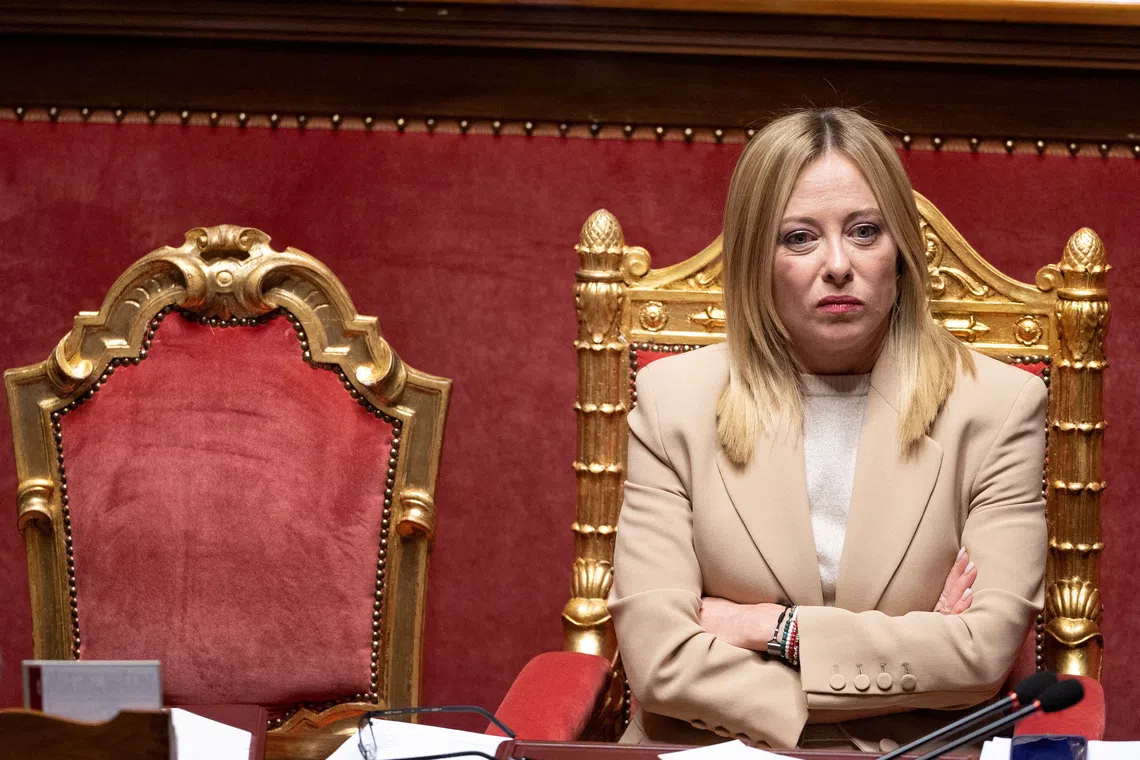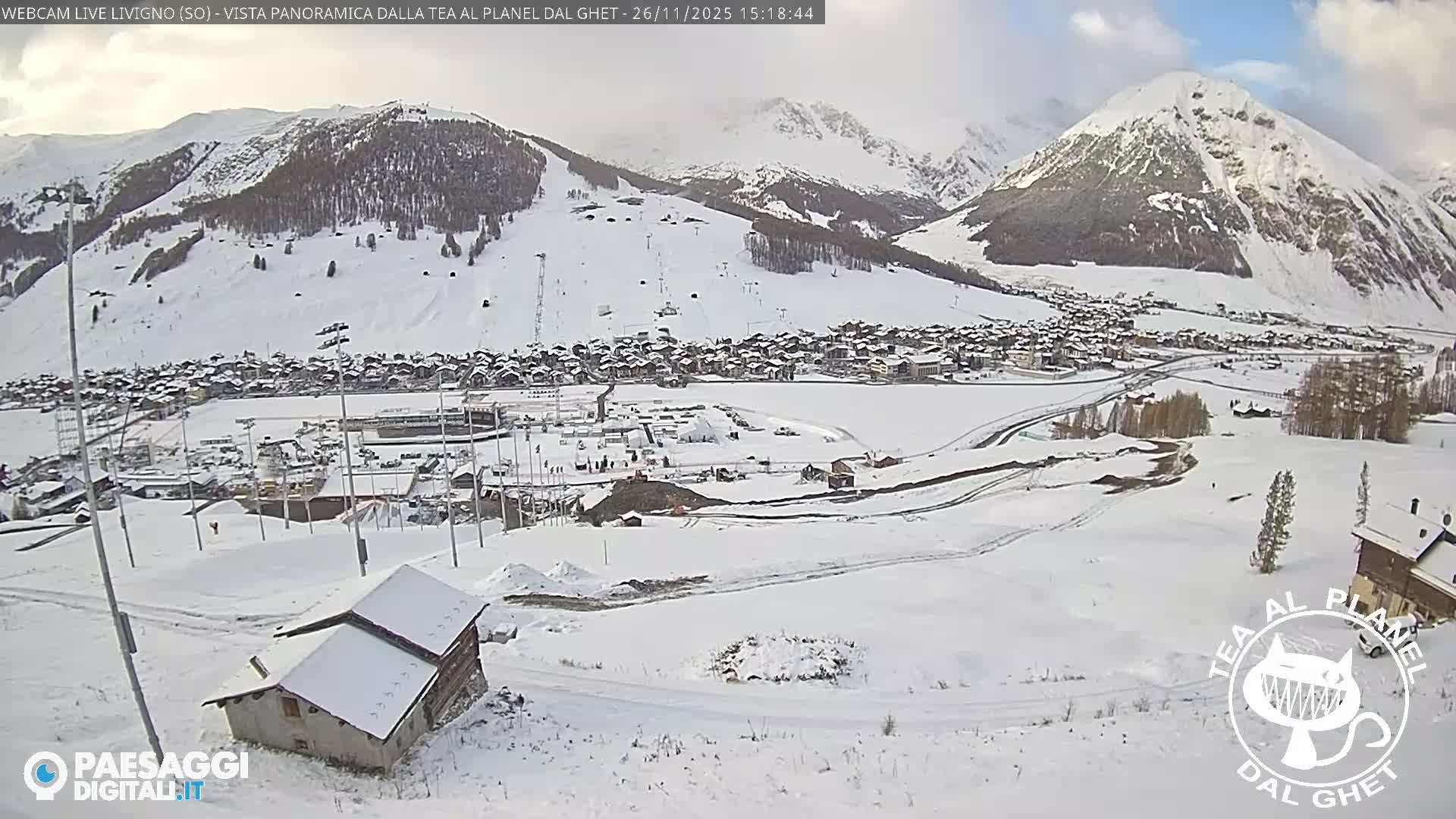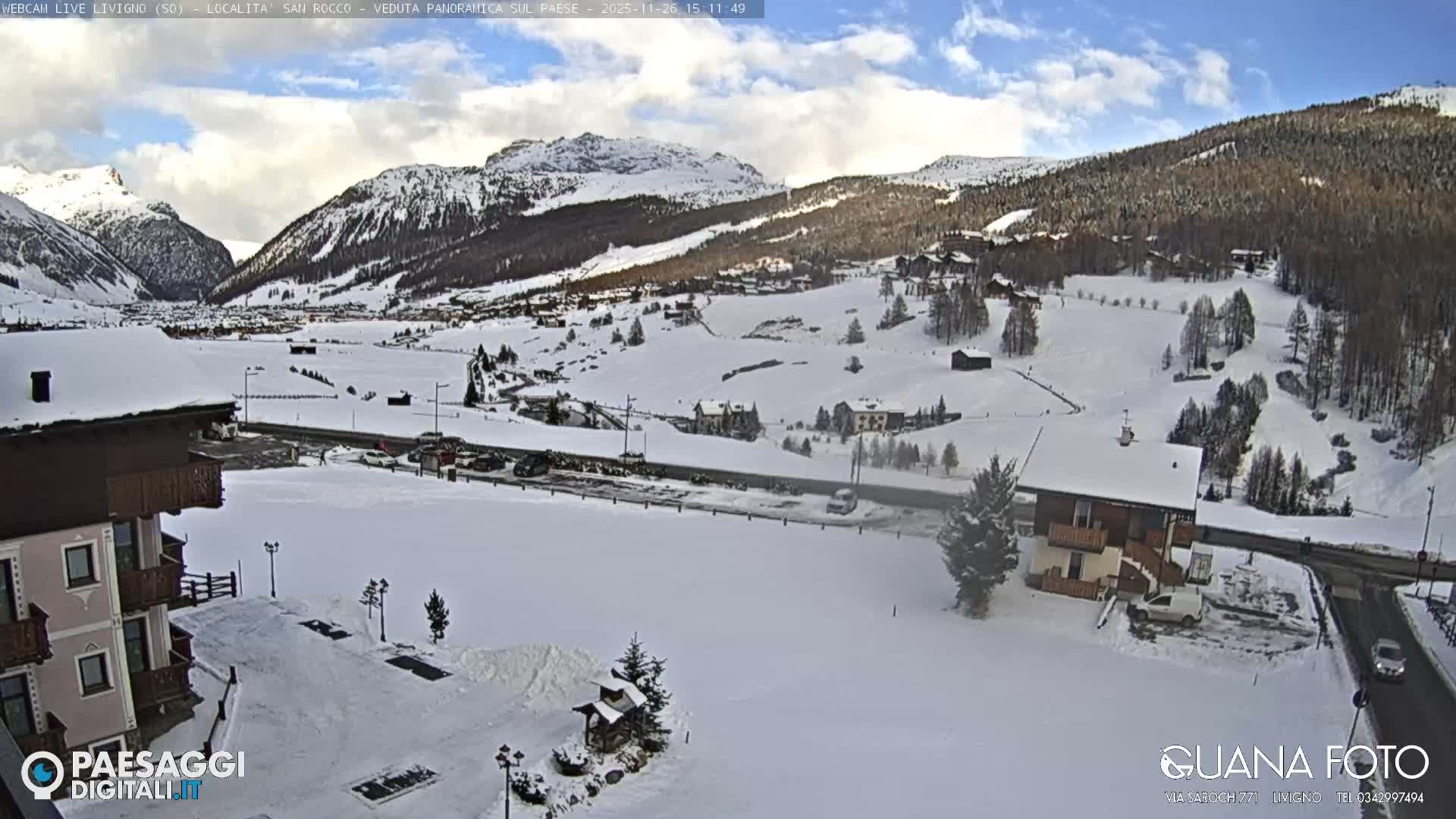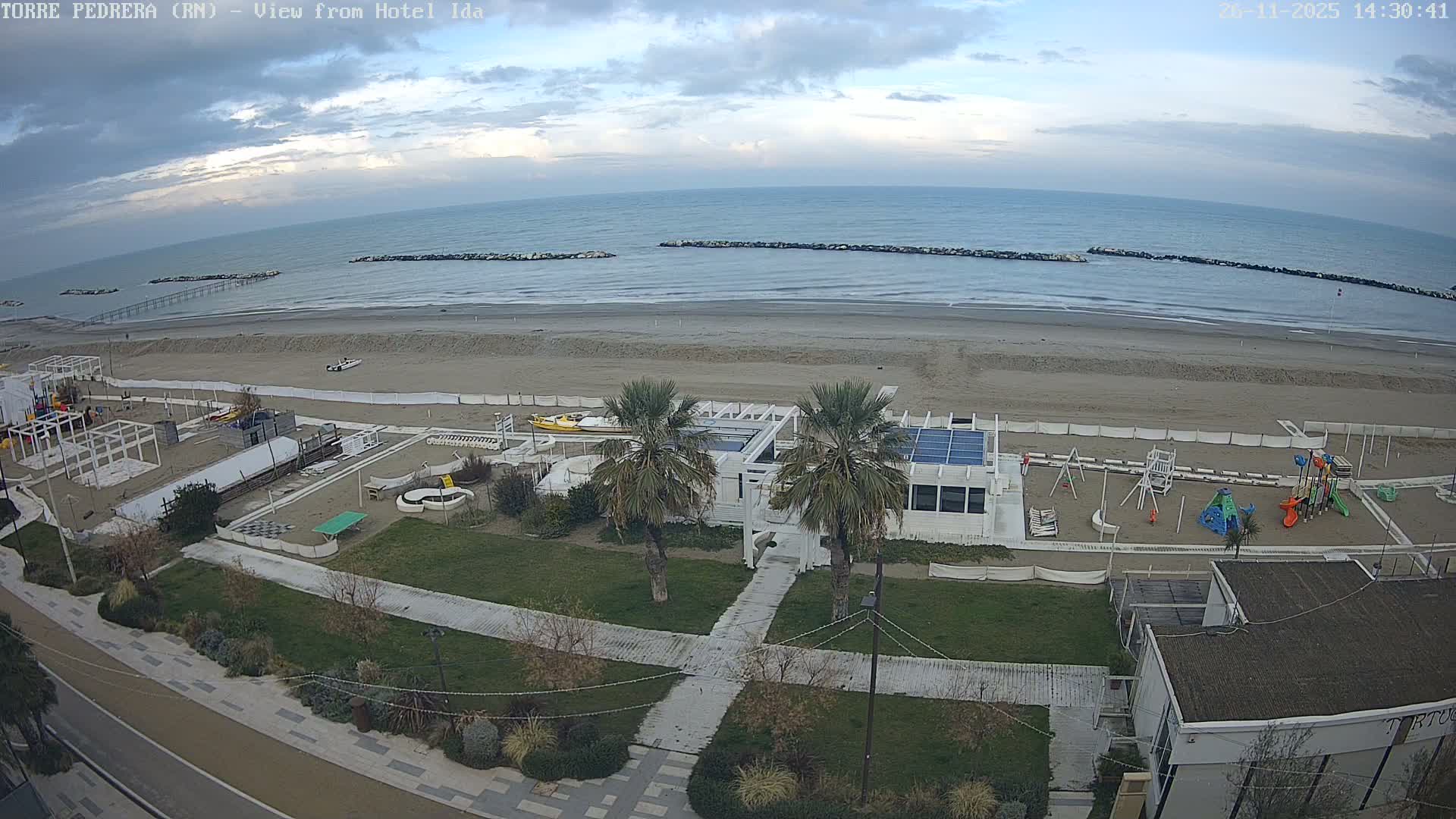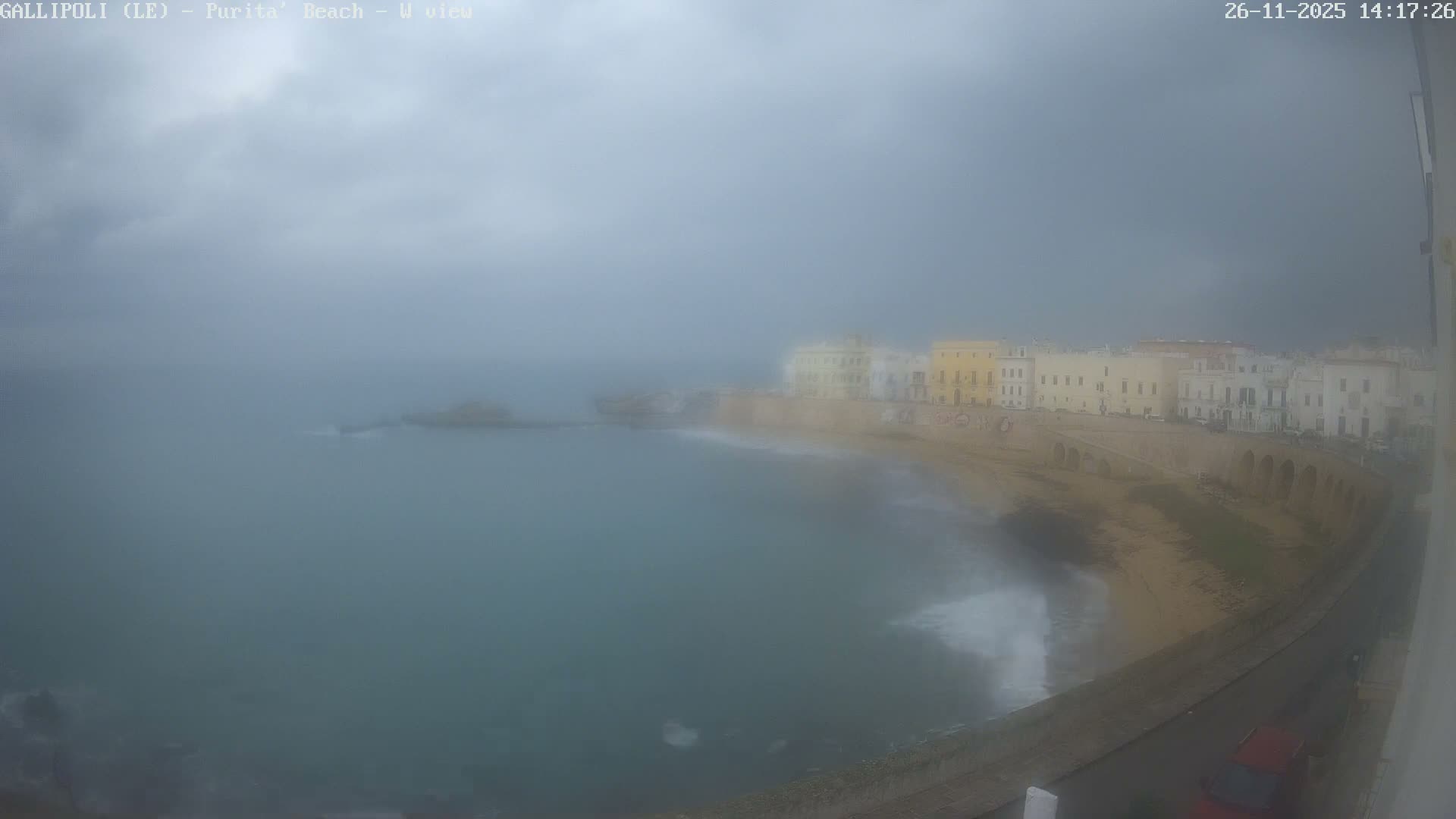Italian Political Landscape Shifts: Meloni's 2027 Prospects Challenged by Regional Opposition Wins
Recent regional election results in Italy, particularly significant victories for the opposition in the south, are casting a shadow over Prime Minister Giorgia Meloni's path to a second term in the 2027 national vote. While the year's regional contests concluded in an overall 3-3 draw between the major political blocs, the centre-left's convincing triumphs in key southern regions like Campania and Puglia have ignited hopes that a unified opposition could prevent Meloni from securing an outright win.
A Shifting Narrative
For months, the narrative surrounding Italian politics has often painted Giorgia Meloni as an unassailable figure with no viable challengers. However, the recent outcomes demonstrate a clear alternative. Centrist senator and former Prime Minister Matteo Renzi succinctly captured this sentiment on social media, stating, "For months now, we have been hearing the same tired refrain: Giorgia Meloni has no rivals, she is invincible, there is no alternative to her. The results in Campania and Puglia ... show that there is an alternative."
While Meloni's conservative coalition, comprising her Brothers of Italy party, Forza Italia, and the far-right League, currently holds a lead in national polls, its stronghold on power could weaken significantly if centre-left parties successfully replicate their regional alliances on a national scale.
The Crucial Southern Vote
Meloni and her allies ascended to power relatively easily in 2022, largely benefiting from the disunity within the centre-left. The failure of the mainstream Democratic Party and the anti-establishment Five Star Movement to forge a pre-election alliance fragmented opposition support, proving particularly costly in first-past-the-post races, especially for the Senate upper house. The right-wing parties, operating in perfect synchrony, secured 120 out of 200 Senate seats, largely buoyed by strong support in the wealthier northern regions. Given that an Italian prime minister requires a majority in both parliamentary houses to govern effectively, the southern vote becomes exceptionally vital.
Lorenzo Pregliasco of the polling firm YouTrend highlights the potential impact of a cohesive centre-left alliance: "There are around 20 swing constituencies in the centre-south that are currently in (conservative) hands. If they lose them, that means a potential hung parliament."
Contemplating Electoral Reform
Faced with the prospect of a hung parliament, the ruling coalition is reportedly considering revisions to Italy's electoral law. Under the current system, a significant portion of lawmakers (36%) are elected via a first-past-the-post mechanism, which poses a considerable risk for Meloni's bloc. Foreign Minister Antonio Tajani, who leads Forza Italia, has already floated the idea of abolishing these first-past-the-post constituencies in favor of an entirely proportional representation system.
Giovanni Donzelli, a senior Brothers of Italy lawmaker, expressed concerns in daily Corriere della Sera, suggesting that the current system might prevent either bloc from winning outright in the next election. He noted that while the opposition might welcome such an outcome, leading to a broad "grand coalition" government, the ruling coalition desires a clear mandate to govern for a full five-year term.
Opposition's Unity Challenge and a Looming Test
Despite the Meloni government's perceived failure to deliver on much-needed structural reforms, investors have appreciated the newfound political stability, leading to a series of credit rating upgrades. Meloni's Brothers of Italy party remains dominant in polls, exceeding 30% support, significantly ahead of the Democratic Party and Five Star Movement. However, the dwindling support for her coalition partners, the League and Forza Italia, both below 10%, suggests her personal popularity alone may not suffice.
The opposition, a diverse group spanning from the hard-left to pro-business centrists, has historically struggled with unity. Analysts emphasize that their primary challenge lies in uniting their disparate voter bases behind a coherent national project, overcoming years of mutual animosity. Rado Fonda from SWG polling firm observed, "The centre-left alliance has to persuade its own electors to vote for it."
The first major opportunity for the opposition to demonstrate a united front will be a referendum scheduled for spring 2026. This vote concerns a highly controversial justice reform championed by Prime Minister Meloni. A defeat in this referendum could significantly damage the prime minister's formidable reputation, making her appear vulnerable. As YouTrend's Pregliasco stated, "She's broadly seen as a winner, but if she loses the referendum, I think her reputation could be damaged." The political landscape in Italy is clearly shifting, with significant implications for the next national election.

